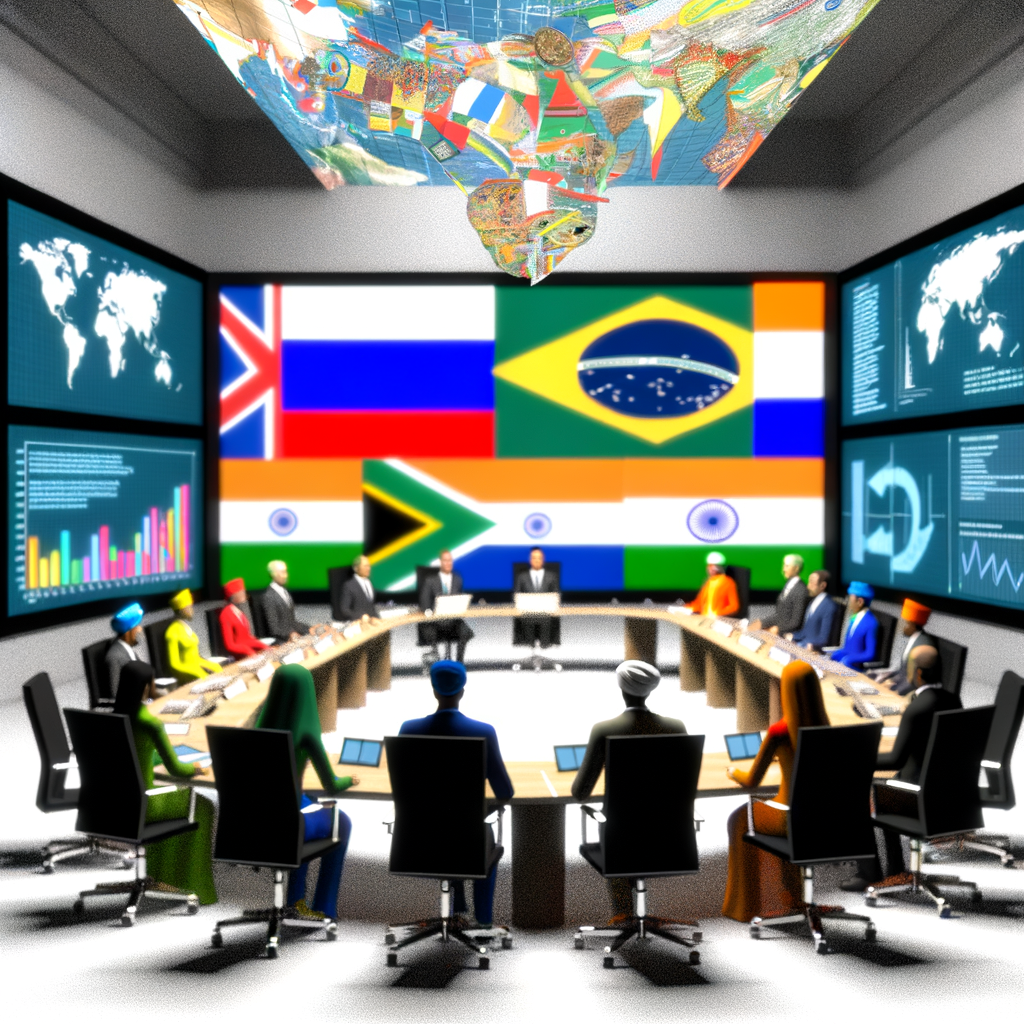Global South and BRICS Influence in Global Governance Shift
The global landscape is experiencing a significant transformation as emerging economies assert their influence in global governance. The BRICS coalition, comprising Brazil, Russia, India, China, and South Africa, is spearheading this shift, representing a substantial portion of the Global South. This article delves into the growing role of BRICS in reshaping international governance structures and the implications for global power dynamics.
Understanding the Global South
The term “Global South” refers to regions typically characterized by lower economic development levels compared to their Global North counterparts. It encompasses Africa, Latin America, Asia, and the Pacific, where countries have historically been marginalized in international decision-making processes. However, with the rise of BRICS, these nations are gaining a stronger voice on the global stage.
The Emergence of BRICS
Formed in the early 2000s, BRICS is a coalition of five major emerging economies. Together, these countries account for over 40% of the world’s population and approximately 25% of global GDP. The BRICS nations have actively pursued greater collaboration to address common challenges and promote economic growth. **Their goals include:**
- Enhancing trade and investment opportunities
- Promoting sustainable development
- Strengthening political and economic ties
- Advocating for reform in global governance institutions
Influence in Global Governance
BRICS has been instrumental in advocating for a multipolar world where power is more evenly distributed. They have pushed for reforms in key international institutions such as the United Nations, International Monetary Fund (IMF), and World Bank to better represent the interests of developing nations. Key areas of influence include:
Economic Initiatives
BRICS has launched initiatives like the New Development Bank (NDB) to finance infrastructure and sustainable development projects in member countries and beyond. The NDB serves as an alternative to traditional Western-dominated financial institutions, offering **greater autonomy and flexibility** for developing nations seeking funding.
Political Collaboration
The coalition has increasingly coordinated its positions on global issues, ranging from climate change to security concerns. By presenting a united front, BRICS has challenged existing power structures and reinforced the need for a more inclusive and equitable global governance system.
Challenges and Opportunities
While BRICS has made significant strides in reshaping global governance, challenges remain. **These include:**
- Diverse political and economic systems within BRICS nations
- Geopolitical tensions among member countries
- Balancing national interests with collective goals
Despite these obstacles, the potential for cooperation and growth is immense. As BRICS continues to evolve, it offers a platform for the Global South to enhance its influence and contribute to a fairer, more balanced global order.
Conclusion
The shifting dynamics in global governance underscore the growing importance of the Global South and BRICS in international affairs. As these economies continue to assert their influence, they have the potential to redefine the rules of the game and usher in a new era of global cooperation and inclusivity. The ongoing evolution of BRICS highlights the need for existing powers to adapt and engage with emerging actors in shaping a sustainable and equitable future for all.



